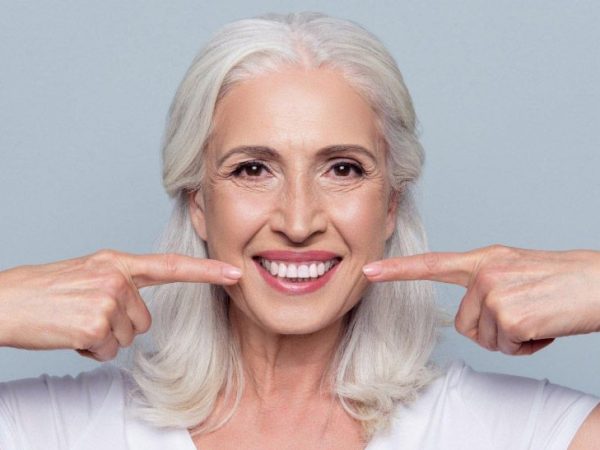Dentures are removable appliances that replace missing teeth.
They consist of a natural-looking row of teeth and a base similar to the patient’s gums - all dentures are tailored by the patient to give the best possible natural look.
Why choose a denture?
Compared to having missing teeth, choosing denture treatment can truly transform your smile:
They can benefit:
- Enhance your smile
- Improve confidence
- Maintain vital facial structure
- Restore normal eating habits
What’s the difference between dentures?
Between both, they look very similar, however, the two restore teeth in unique ways to each other.
Traditional Dentures
Traditional dentures are a low-cost alternative to implant retained - using traditional ones offers quick and effective treatment for multiple missing teeth, which may suit your needs.
Recovery tends to last between three to six months.
However, these specific dentures are removable meaning they require the utmost amount of maintenance - regular thorough cleaning allows several years of use.
Implants integrated with dentures
Implant dentures offer a variety of benefits. Choosing this route means the denture prosthetic is supported and will not slip out of place.
They provide a more natural look and function like regular teeth.
Benefits include:
- Extra jaw stability
- Biting, chewing and speaking at ease
- Halt bone loss
- Natural look
Although they may come at a higher cost - they provide a longer-lasting smile for you.
Is an Implant retained Denture right for me?
It is important to evaluate the condition of your oral health before receiving treatment.
This may include any signs of tooth decay, gum disease, oral cancer and dry mouth. More.
These factors can determine whether the treatment can go ahead - receiving a general check-up beforehand is essential.
Dental implants have a success rate of up to 98 per cent, and implant overdentures, when looked after properly, can last a lifetime.
